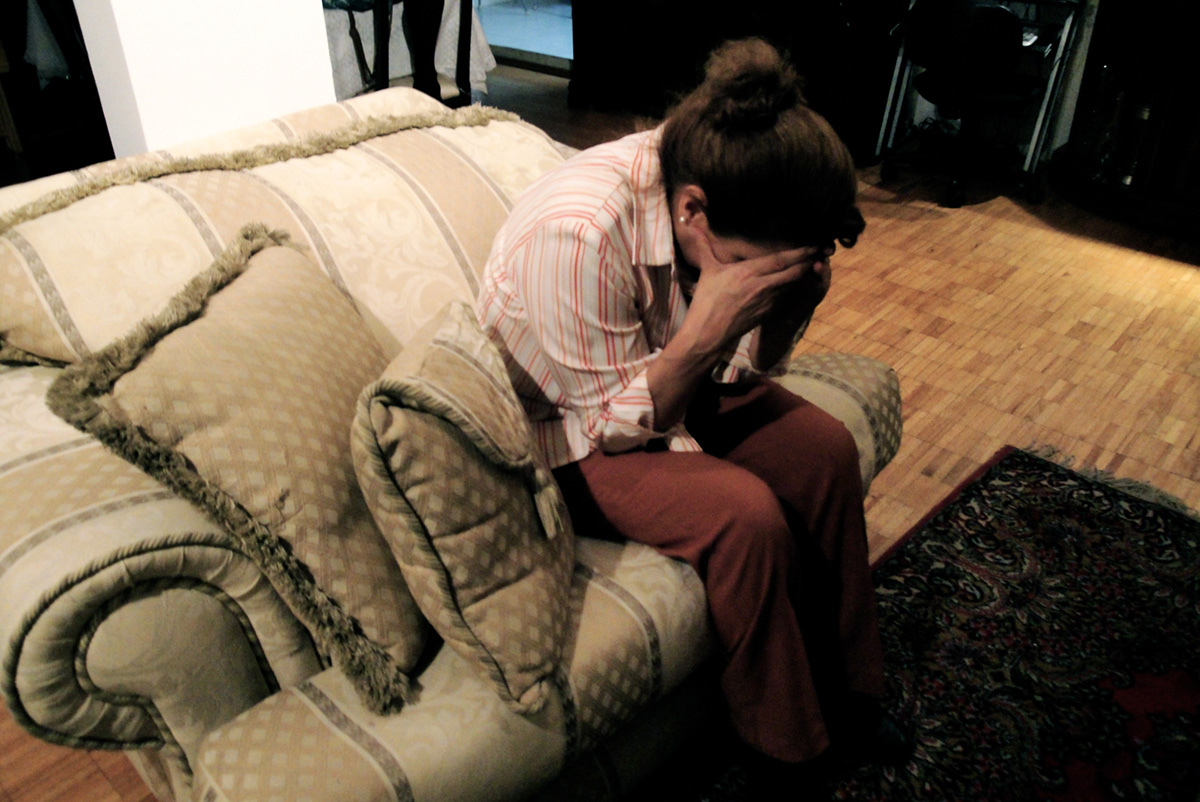
Menopause is a period of a woman's life that is characterized by permanent loss of menstruation and fertility. This is a biological process associated with specific changes in hormones. Menopause has its characteristics and it can be tolerated differently depending on its symptoms. Some symptoms of menopause as well as potential complications connected with reduction of certain hormones can be brought under control with several treatments.
What Are Symptoms of Menopause?
Menopause usually affects women in their 50s although it may occur earlier or even later. The symptoms of menopause completely develop a year after menstrual cessation. The most prominent symptoms of menopause include irregular periods with eventual menstrual cessation, decreased fertility (loss of fertility), vaginal dryness, hot flashes, mood swings, increased abdominal fat, hair thinning and loss of breast fullness.
It is essential to consult a gynecologist during perimenopause and to continue with regular exams during menopause. This way many conditions and problems associated with menopause are easily identified and properly treated.What Causes Menopause?
Menopause develops as a consequence of natural decline in the levels of reproductive hormones. Such decline may be gradual and a part of the process of aging or abrupt (mostly associated with surgical removal of the uterus and ovaries).
Menopause is commonly classified into perimenopause and postmenopause. In perimenopause women start dealing with menopausal symptoms and signs and still have menstrual bleeding. The level of hormones changes. Hot flashes may or may not occur in perimenopause. This period lingers for about 5 years or even more. Postmenopause is a period that occurs 12 months after the last period. It features with reduced production of estrogen and complete absence of progesterone. There is no ovulation and compete infertility develops.
Potential Complications of Menopause
There are several conditions that may occur once the woman has entered menopause. For example, lack of estrogen makes women more susceptible to cardiovascular diseases. Osteoporosis is another condition associated with the lack of female hormones. Urinary incontinence affects more women in menopause than those who are in reproductive years. And finally, weight gain is a common characteristic of menopause.
Treatments Available for Women in Menopause
Menopause does not require any treatment. However, some women may benefit from certain treatments particularly if the symptoms of menopause are quite intensive. Hormone therapy is definitely one of the most effective treatments for menopausal hot flashes. There are several more medications that can bring these symptoms under control. Women suffering from osteoporosis as well as those with urinary incontinence require adequate treatment. It is essential to pay attention to the intake of food since menopausal women are prone to obesity and they should also try to prevent the onset of cardiovascular disease.

















Your thoughts on this
Loading...